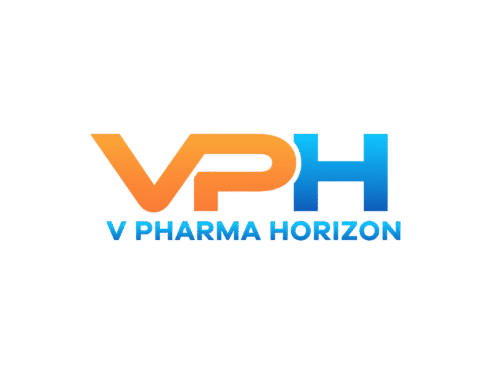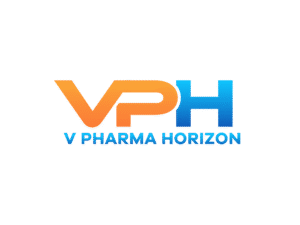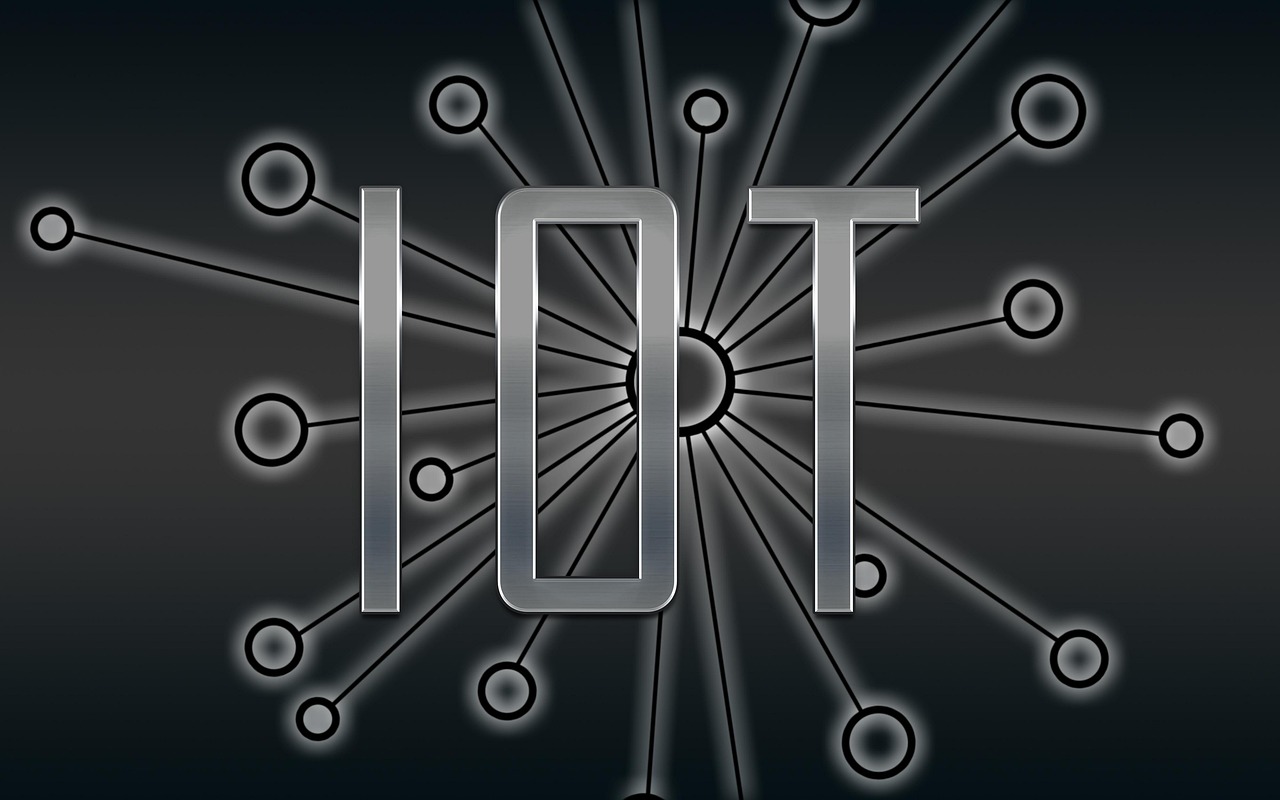Blockchain in Pharmaceutical Manufacturing for Supply Chain Transparency
In an era where trust, safety, and traceability are paramount in healthcare, the pharmaceutical industry is under immense pressure to ensure the integrity of its supply chains. From raw material sourcing to drug distribution, every

In an era where trust, safety, and traceability are paramount in healthcare, the pharmaceutical industry is under immense pressure to ensure the integrity of its supply chains. From raw material sourcing to drug distribution, every step in the process must be verifiable, secure, and resistant to tampering. Enter blockchain—a transformative digital ledger technology that is rapidly gaining traction as a solution for enhancing supply chain transparency in pharmaceutical manufacturing.
The Pharmaceutical Supply Chain Problem
The pharmaceutical supply chain is notoriously complex, involving multiple stakeholders, geographic locations, regulatory checkpoints, and compliance frameworks. This complexity leaves the system vulnerable to several challenges:
- Counterfeit drugs: The World Health Organization estimates that 1 in 10 medical products in low- and middle-income countries is substandard or falsified.
- Lack of real-time visibility: Traditional supply chain systems struggle to offer end-to-end traceability.
- Manual processes and data silos: Inefficient record-keeping and disparate systems hinder coordination and increase the risk of errors.
- Regulatory non-compliance: Inconsistent documentation can delay audits and regulatory approvals, affecting drug availability.
How Blockchain Solves Transparency Gaps
Blockchain, a decentralized and immutable ledger, offers a secure and transparent way to record transactions and verify data across the pharmaceutical supply chain. Here’s how:
1. End-to-End Traceability
Every transaction or event in the manufacturing and distribution process is recorded on the blockchain. This includes sourcing of raw materials, production batches, quality control checks, and shipping events. As a result, any product’s journey can be tracked in real time, from factory to pharmacy.
2. Immutable Records and Tamper Resistance
Once data is added to a blockchain, it cannot be altered or deleted without consensus from the network. This guarantees the authenticity of records and ensures that any attempt to tamper with supply chain data is immediately visible and traceable.
3. Improved Recall Management
In case of a defect or contamination issue, blockchain allows companies to trace affected products quickly and precisely, reducing the scale and cost of recalls and enhancing patient safety.
4. Smart Contracts for Compliance
Smart contracts—self-executing code stored on the blockchain—can automate compliance processes. For instance, a contract could automatically release a shipment only if quality testing data meets specific standards, ensuring regulatory compliance without manual intervention.
5. Stakeholder Collaboration
All parties involved—manufacturers, regulators, wholesalers, logistics providers, and pharmacies—can access a single, trusted version of the truth. This unified data layer enhances coordination, reduces duplication, and builds confidence across the ecosystem.
Real-World Applications and Pilots
Several pharmaceutical giants are already exploring blockchain’s potential:
- MediLedger Project: A consortium including Pfizer and Gilead is piloting blockchain to track prescription medicine across the U.S., aligned with the Drug Supply Chain Security Act (DSCSA).
- IBM and KPMG’s Blockchain Platform: This collaboration helps pharma companies track medicines while complying with evolving global regulations.
- Modum and SAP: These companies have launched blockchain-based systems that integrate temperature and humidity sensors for real-time monitoring of sensitive drug shipments.
Challenges to Widespread Adoption
Despite its promise, blockchain adoption in pharmaceutical manufacturing is not without hurdles:
- Integration with legacy systems is costly and time-consuming.
- Scalability and energy efficiency concerns exist, especially for public blockchains.
- Data privacy regulations such as GDPR require careful handling of sensitive data.
- Stakeholder buy-in is essential—one weak link can compromise the entire blockchain network.
The Road Ahead
Blockchain is not a silver bullet, but its role in reshaping pharmaceutical manufacturing is undeniable. As the industry moves toward a more digitized, patient-centric future, blockchain offers a compelling framework to rebuild trust and transparency from the ground up.
To fully harness its potential, pharmaceutical companies must adopt a phased approach—starting with pilot projects, investing in interoperability solutions, and engaging regulatory bodies early in the design process.
As the pharmaceutical sector grapples with increasing scrutiny and rising patient expectations, blockchain technology stands out as a beacon of trust. By enabling secure, transparent, and collaborative supply chains, it has the potential to not only eliminate counterfeit drugs but also safeguard the future of healthcare delivery.
In a world where every pill matters, ensuring every step in its journey is visible and verifiable is no longer a luxury—it’s a necessity. Blockchain might just be the key to making that vision a reality.






